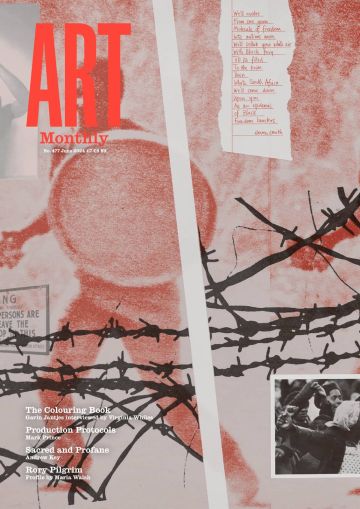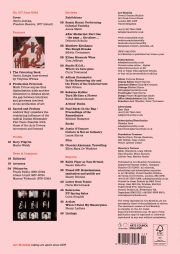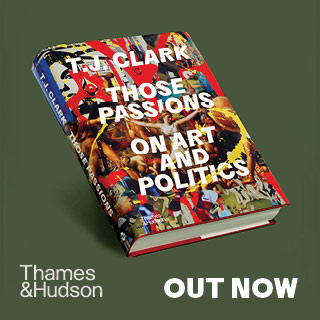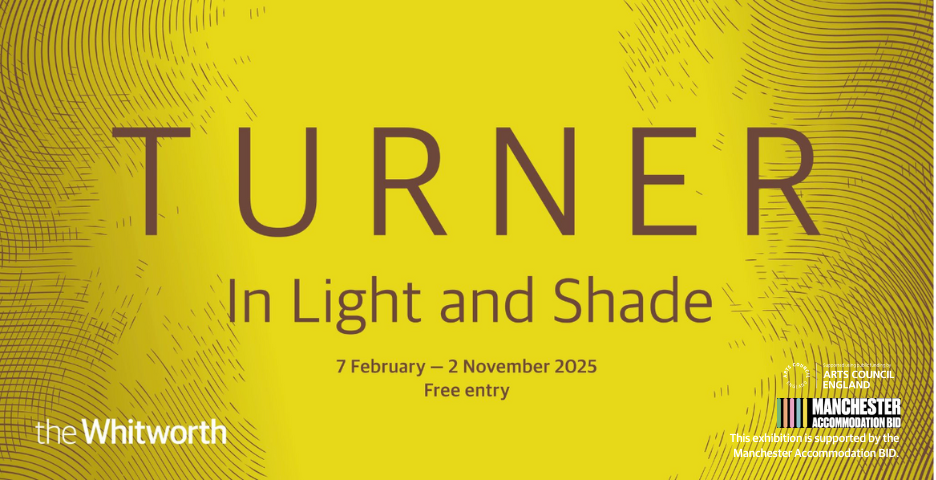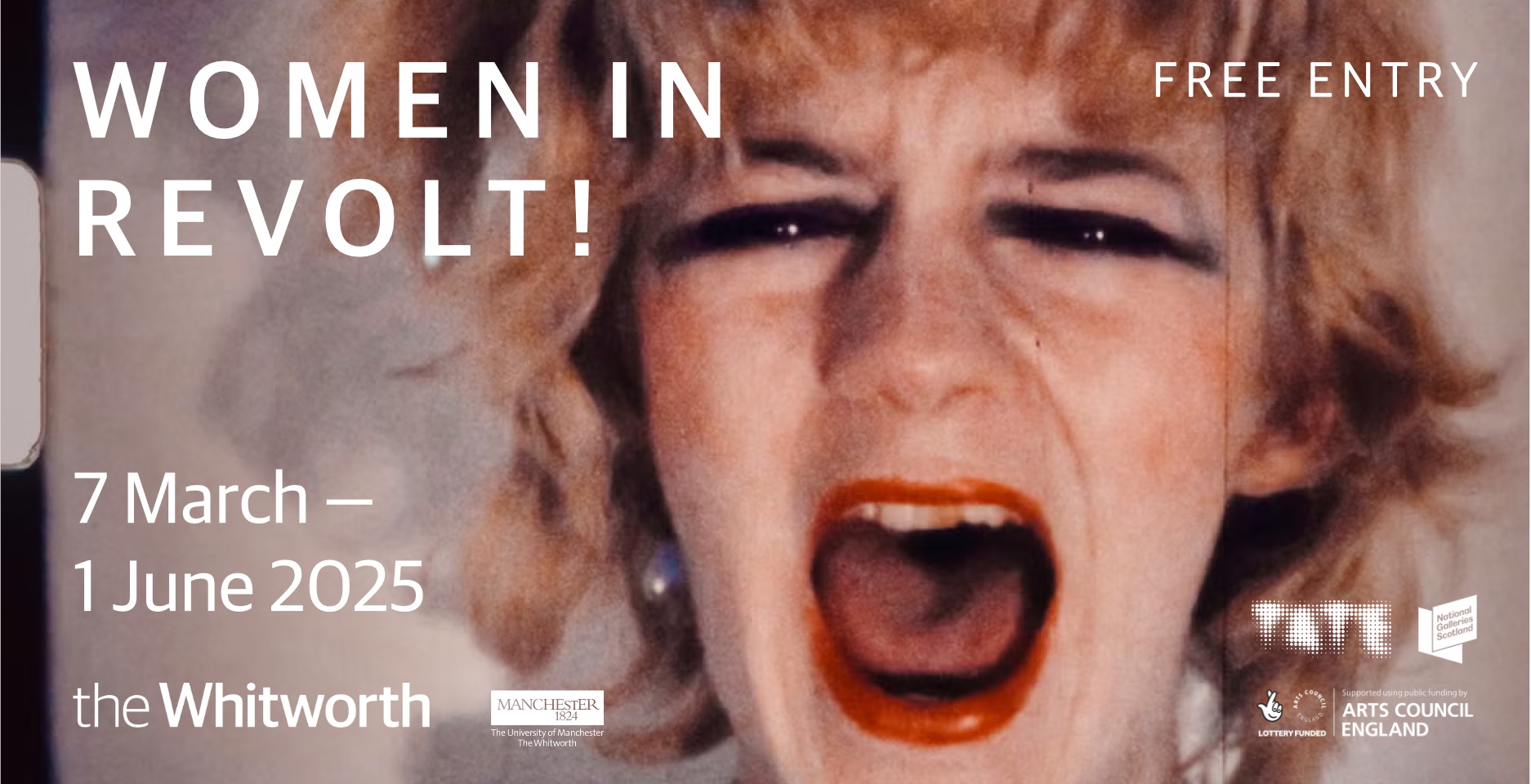Art Monthly 477
June 2024
Gavin Jantjes
Interviewed by Virginia Whiles
Production Protocols
Mark Prince
Sacred and Profane
Andrew Key
Rory Pilgrim
Profile by Maria Walsh
Buy Now – select:
Want to read this right now?
Get instant access to the entire back catalogue via Exact Editions from only £8.99!
Contents
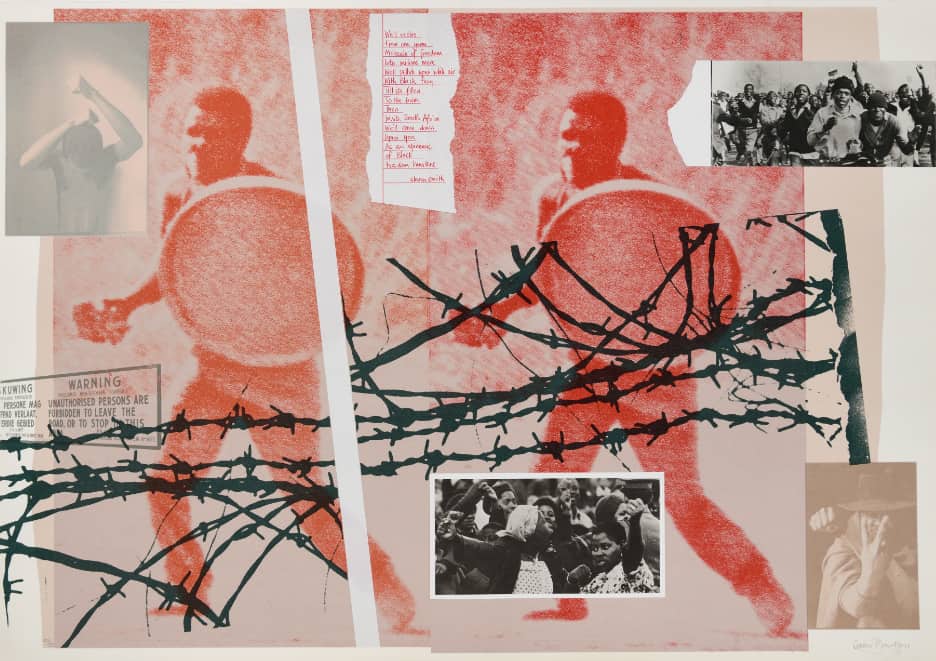
Gavin Jantjes, Freedom Hunters, 1977
Interview
The Colouring Book
Gavin Jantjes interviewed by Virginia Whiles
The Colouring Book was already published and when I showed it at the Hamburg Art Academy German secret police tried to arrest me and extradite me on the orders of the South African secret police. I only managed to avoid it because of being active in the student protest movement.
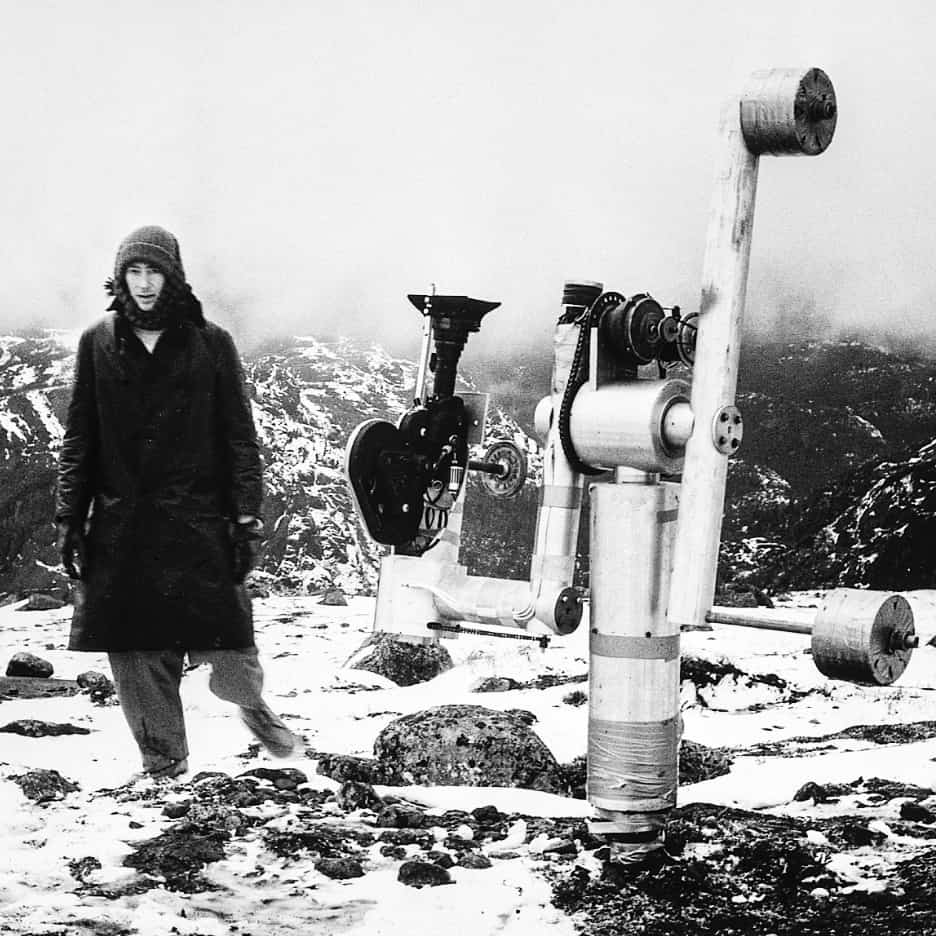
Michael Snow, La Région Centrale, 1970, production photo
Feature
Production Protocols
Mark Prince argues that digitalisation adds another dimension to debates about the gap between intention and processes involved in the production of art
The amenability of digital images to modification does not appear to have fundamentally weakened our belief in their veracity, at least not yet; it has only made us seem more credulous of what was always an illusion, and is now only more likely to be one.
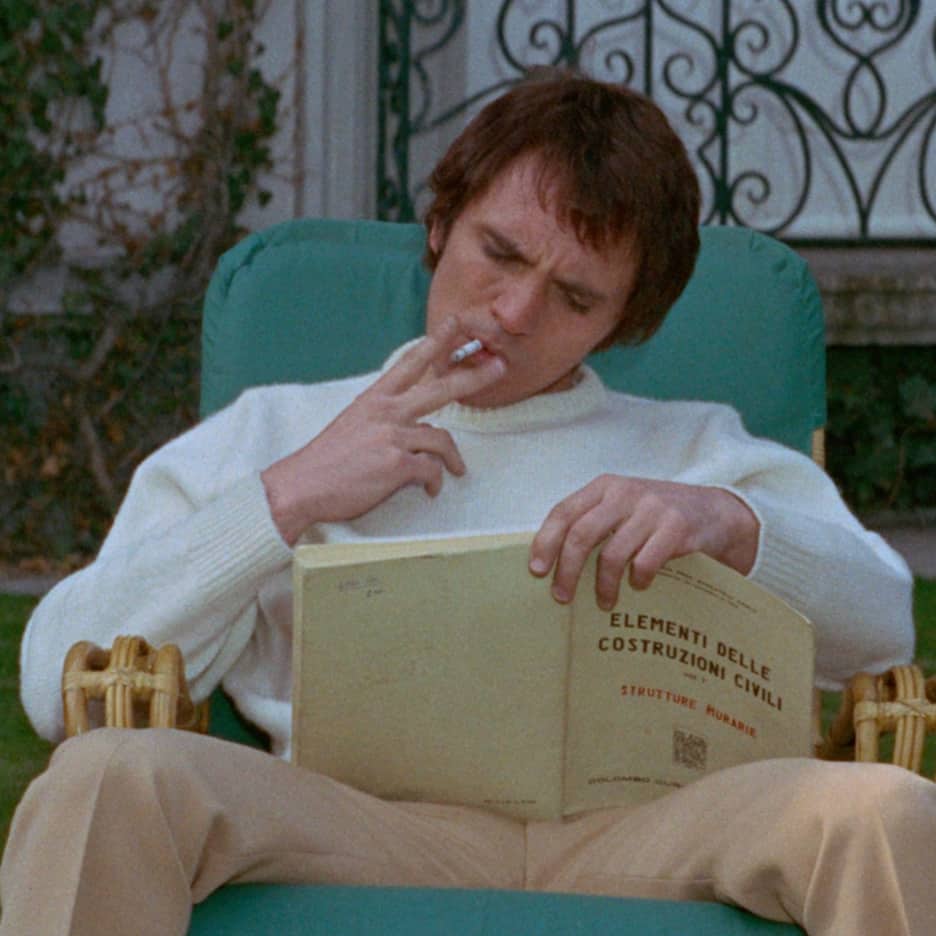
Teorema, 1968, film, dir Pier Paolo Pasolini
Feature
Sacred and Profane
Andrew Key considers the continuing influence of the radical Italian filmmaker Pier Paolo Pasolini with those of the Arte Povera movement and beyond
By turning to what he interpreted as an internal ‘third world’ in Italy, which highlighted the uneven development of that society, Pasolini sought to interrogate the anti-modern remnants of Italian culture, which refused integration in the country’s new vision of itself.
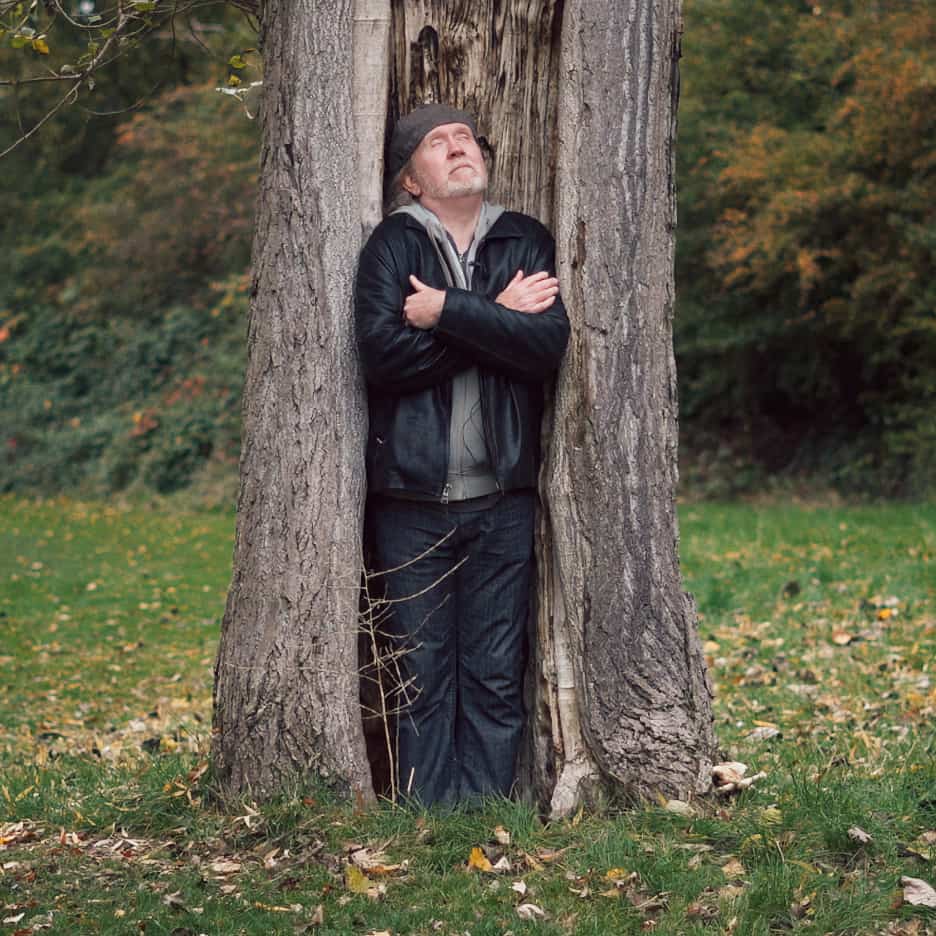
Rory Pilgrim, RAFTS, 2020–22
Profile
Rory Pilgrim
Maria Walsh
In relation to the carceral and environmental trauma, Rory Pilgrim’s reparative interventions can only be provisional, but his insistence that activism can come from a space of joy is a necessary correlate to the punitive and discriminatory laws and empty promises made by government leaders of futures yet to come.
Editorial
A Bad Smell
The often misattributed quote ‘the test of a civilisation is the way it cares for its most helpless members’ is useful to keep in mind when considering the full-spectrum ‘hostile environment’ that so many people face today.
These headlines are in reference to the Crime and Justice Bill which, in a further stigmatisation of homeless people, included the provision that rough sleepers causing ‘smells’ could be considered a nuisance and therefore ordered to move on (where to, one might ask).
Artnotes
Paris Disquiet
A wealthy backer withdraws support from the Palais de Tokyo in Paris, causing a debate over Gaza, interference and philanthropy; UK art students join on-campus demonstrations calling for a ceasefire in Gaza; Arnolfini apologises for cancelling events featuring Palestinian artists; Russian art archives are raided by secret police; museums and galleries continue to be targeted for vandalism by activists; research shows strong public support for state funding of museums; plus the latest on galleries, people, awards and more.
Obituaries
Frank Stella 1936–2024
Mark Prince
Alison Lloyd 1957–2024
Linsey Young
Marina Vishmidt 1976–2024
Larne Abse Gogarty
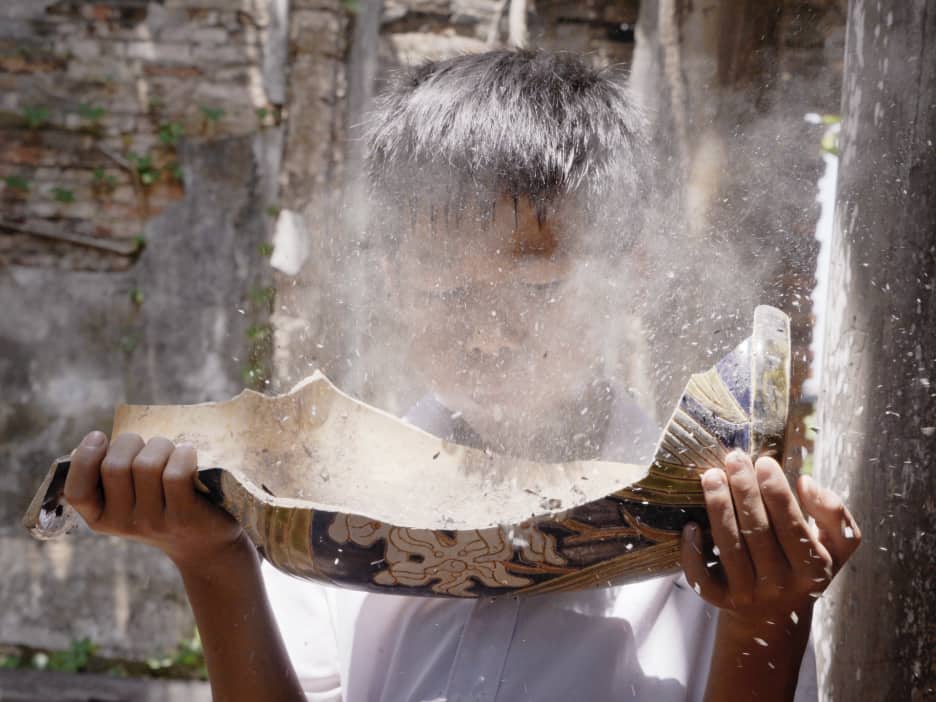
Thao Nguyen Phan, Becoming Alluvium, 2019, ‘Klima Biennale Wien’, Vienna
Exhibitions
Samia Henni: Performing Colonial Toxicity
Mosaic Rooms, London
Amna Malik
After Mallarmé: Part One – the page ... the place ...
Large Glass, London
Deborah Schultz
Matthew Krishanu: The Bough Breaks
Camden Art Centre, London
Edwin Coomasaru
Klima Biennale Wien
various venues, Vienna
Tom Jeffreys
Studio K.O.S.: Where we have gone
Morena di Luna, Hove
Chris Townsend
Adham Faramawy: In the Simmering Air and the Flows of the Undercurrent
Cubitt, London
Hati Gibson
Sukaina Kubba: Turn Me Into a Flower
DCA, Dundee
Sarah Messerschmidt

spread from Proceedings of the Remediators
Artists’ Books
Paul Buck: In the Bag
Proceedings of the Remediators
Michael Hampton
Paul Buck’s bag is a metaphor implying that however solid one’s career, every artefact is a fungible token, the stuff of life just passing through.

Culture is Not an Industry cover
Books
Justin O’Connor: Culture is Not an Industry – Reclaiming art and culture for the common good
Laura Harris
Justin O’Connor suggests that art and culture should sit in the pantheon of fundamental social goods such as housing and healthcare, without being made reducible to them (as they often are in the ‘social prescribing’ speak, for example).
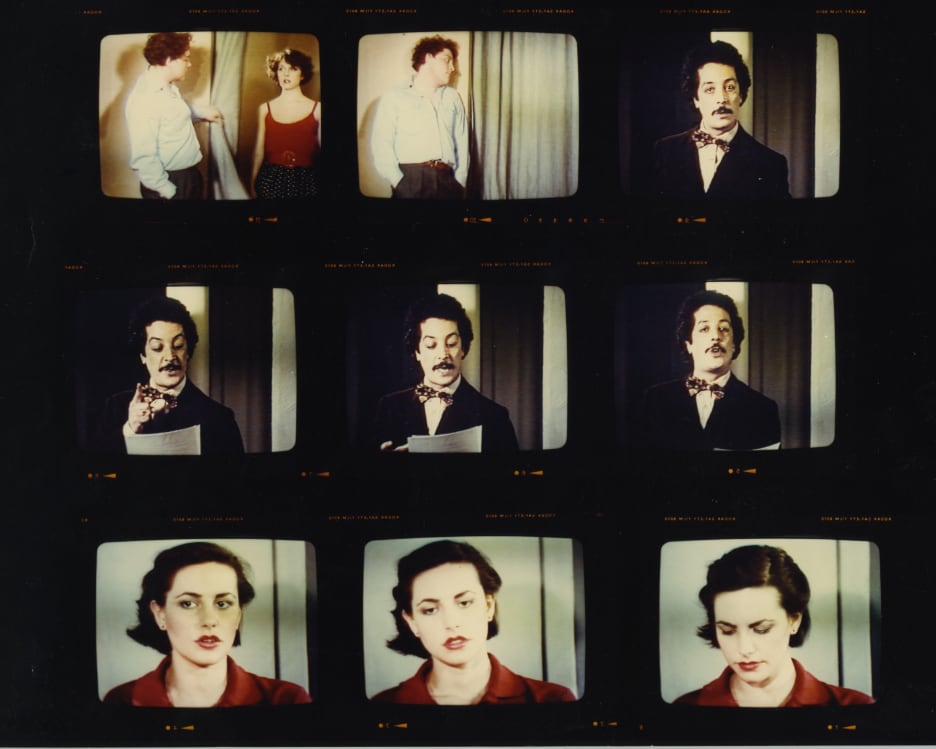
Chantal Akerman, The Eighties, 1983, contact sheet
Film
Chantal Akerman: Travelling
Ellen Mara De Wachter
Chantal Akerman muses on the importance of writing when making a film, of persevering, even when one doesn’t know what the film is about, only to discover that ‘in the end’, her work is always about the same thing: her own inescapable ‘primal scene’, which she describes as ‘images of evacuation, of walking in the snow with packages toward an unknown place, of faces and bodies placed next to one another’.
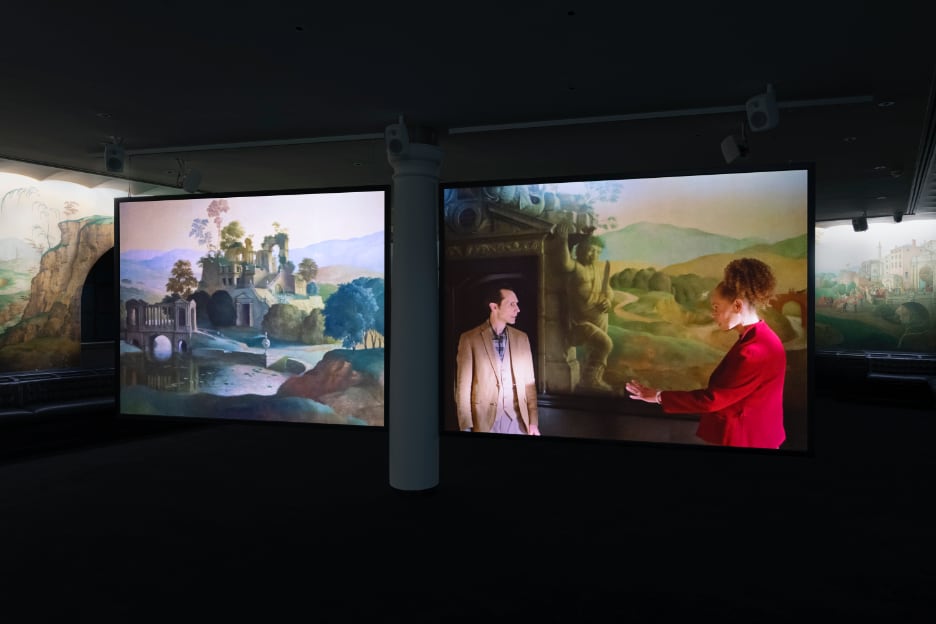
Keith Piper, Viva Voce, 2024
Reports
Keith Piper at Tate Britain
Naomi Siderfin
I am having a conversation with two women I barely know; the conversation that Keith Piper wants us to have in front of his new commission for Tate Britain’s restaurant, which has been closed since 2020 in response to an unresolved controversy surrounding its site-specific mural by Rex Whistler.
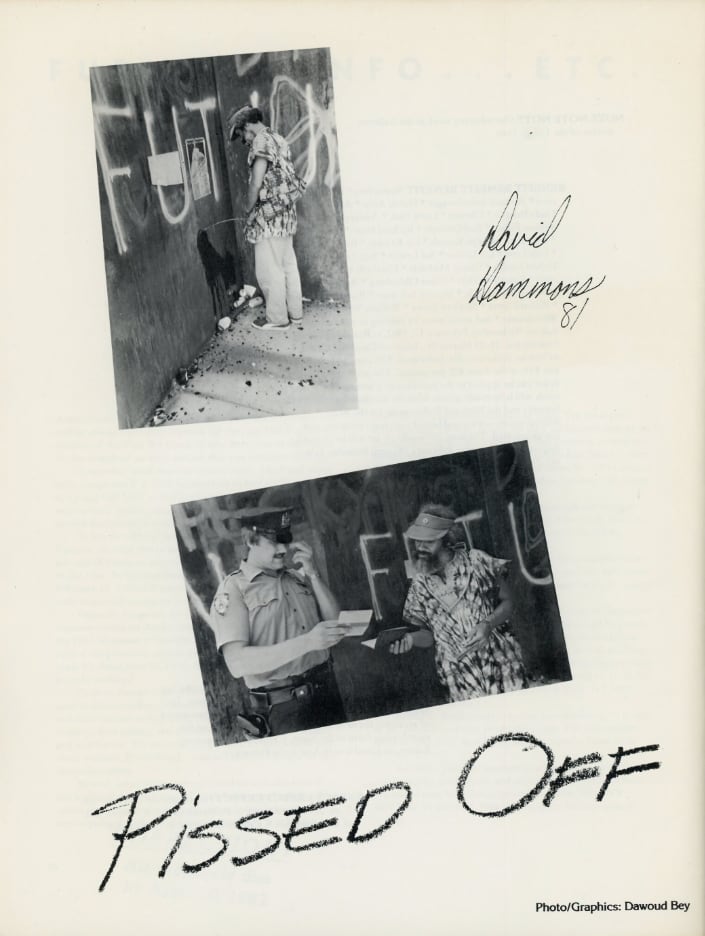
David Hammons, Pissed Off!, 1981
Reports
Pissed Off: Homelessness, sanitation and public art
Henry Broome
There is definitely a link between notions of ‘cleanliness’ and ‘racial purity’ in right-wing discourse around public space and public art.
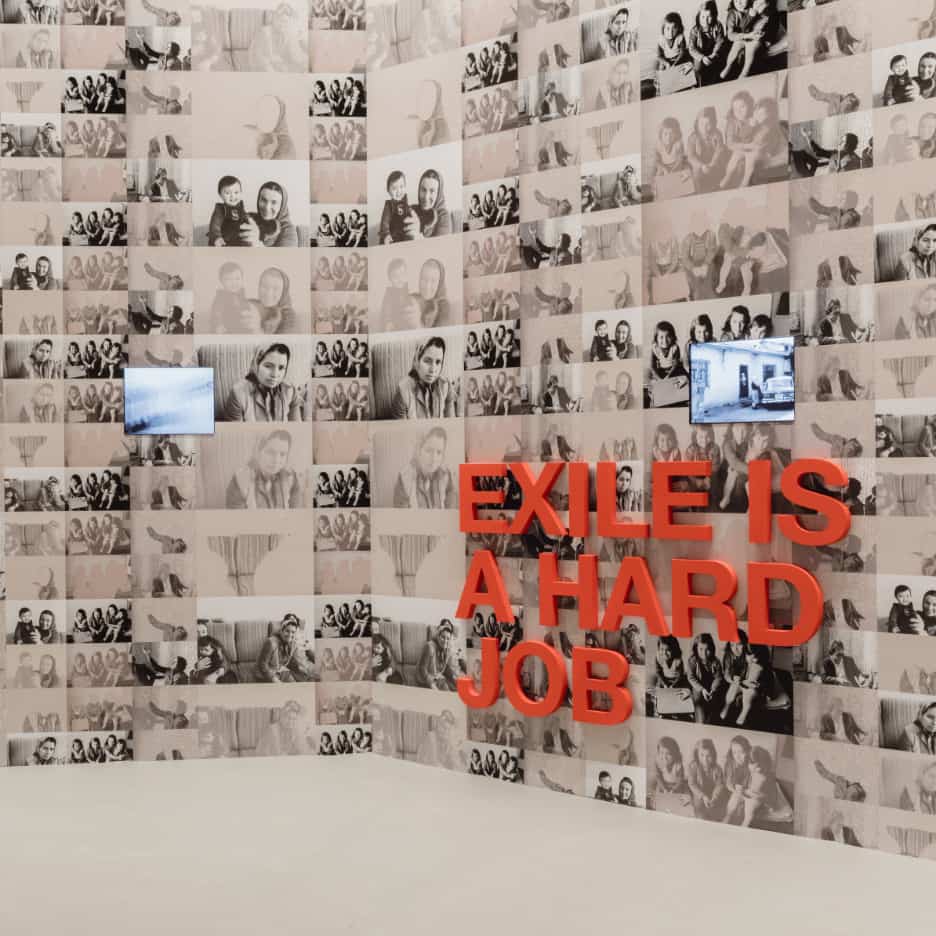
Nil Yalter, Exile is a Hard Job, 1983–
Reports
Letter from Venice
Chris McCormack
An emphasis on decolonial narratives pulsed through the Biennale, however it was also evident that in Europe, at least, we are living in a prewar era (not least an ideological one).
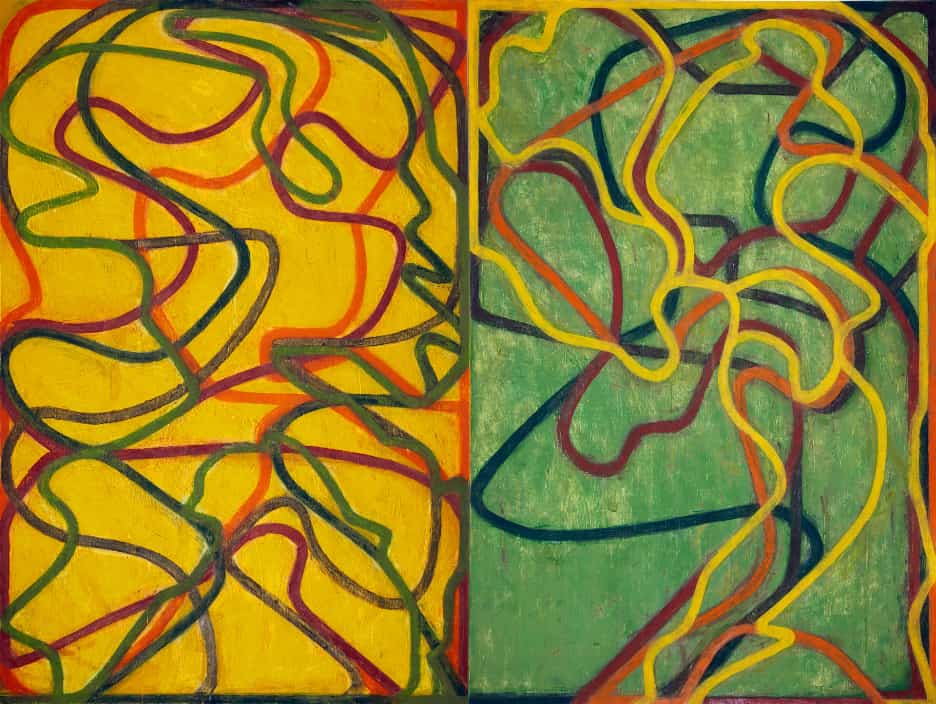
Brice Marden, Event, 2004–07, estimate $30m, withdrawn from sale
Salerooms
NY Spring Sales
Colin Gleadell
Brice Marden’s diptych, Event, 2004–07, was guaranteed by Christie’s with an estimate of $30m, but was withdrawn moments before the sale. Its owner, former Phaidon publisher Richard Schlagman, would not have cared because he had already accepted Christie’s guarantee, meaning Christie’s now owns the painting.
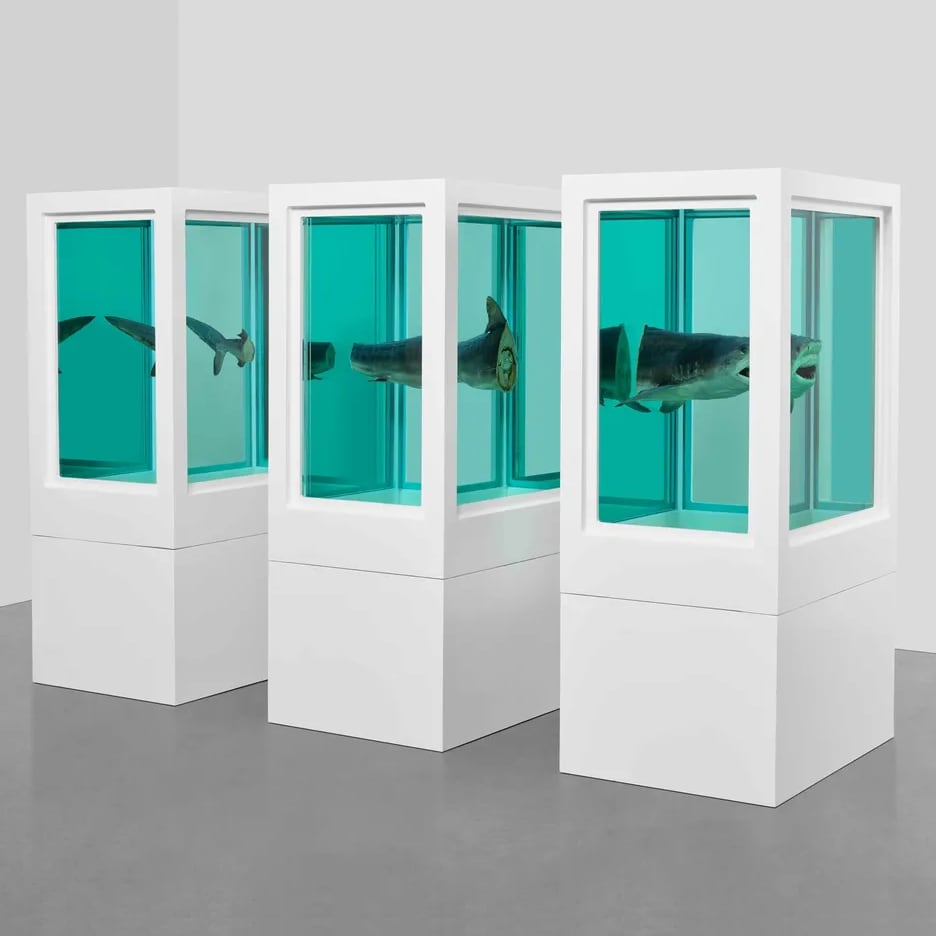
Damien Hirst, Myth Explored, Explained, Exploded, dated 1993–99
Artlaw
When I Paint My Masterpiece
Henry Lydiate
Artists’ moral rights were introduced almost a century ago reflecting artists’ absolute right to determine authorship of their original works – including assigning their completion date. Legal rights are usually accompanied by tacit ethical responsibilities: to act with professional honour and integrity.

